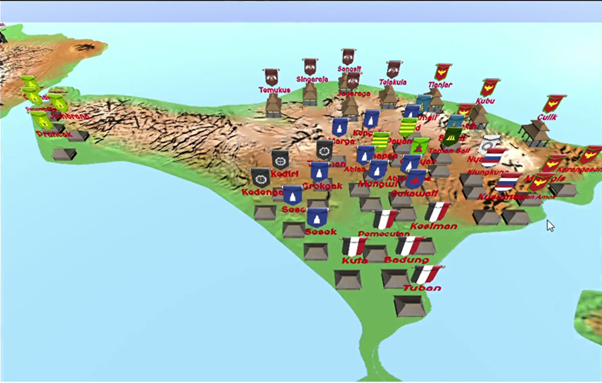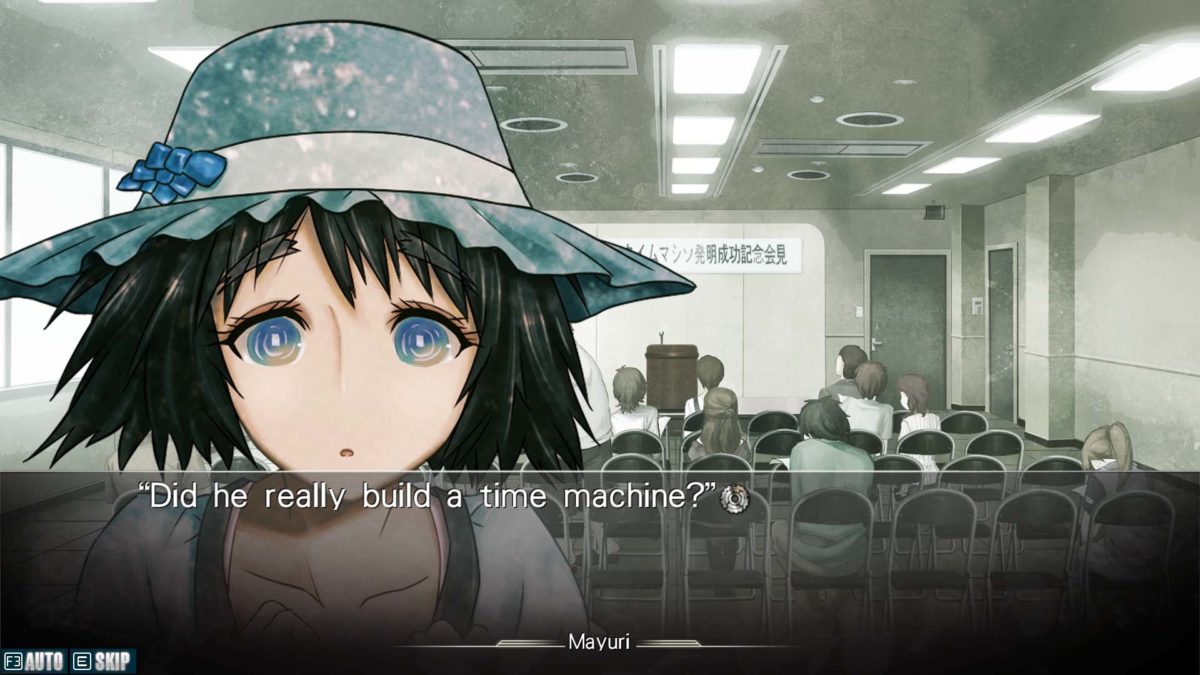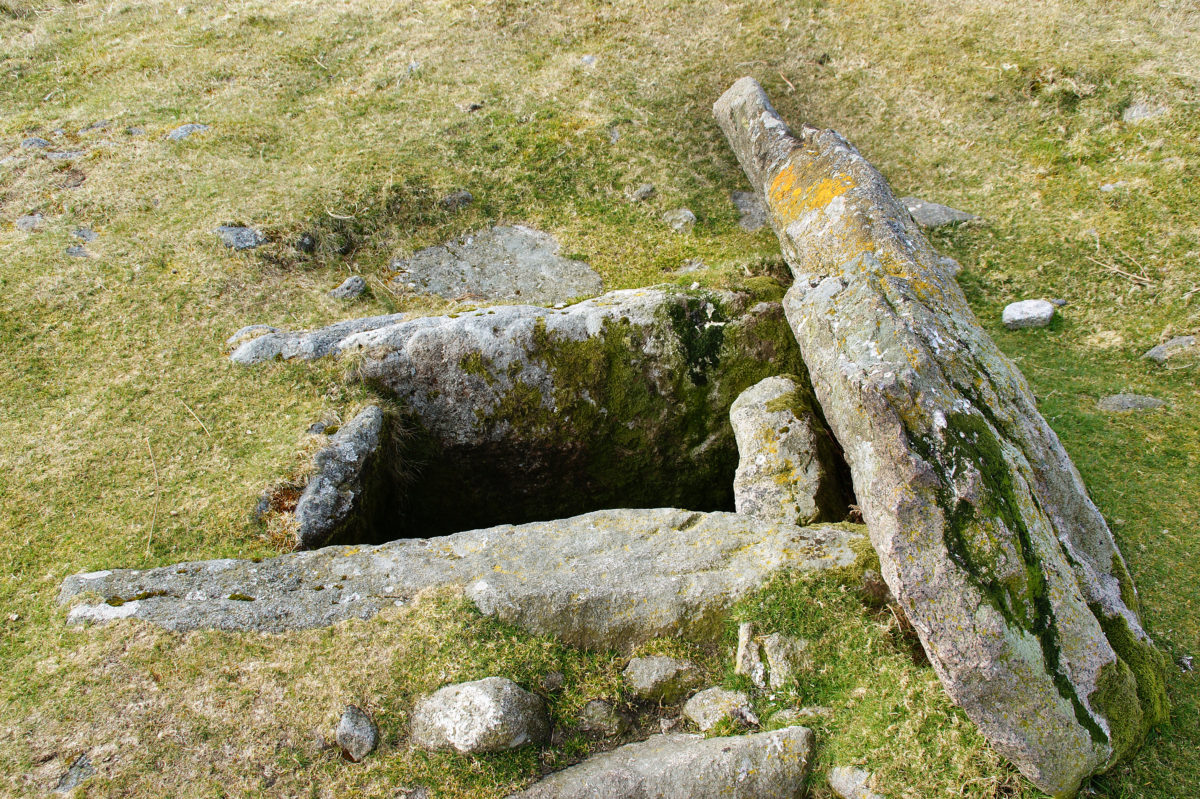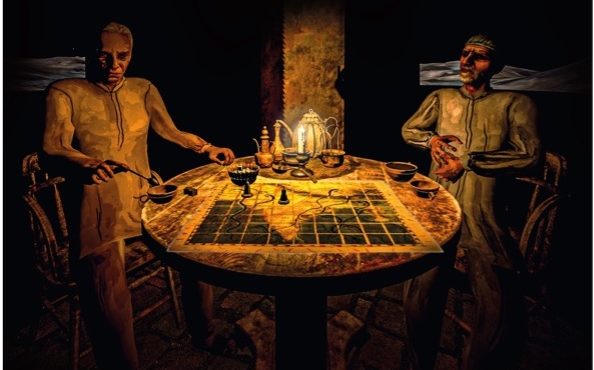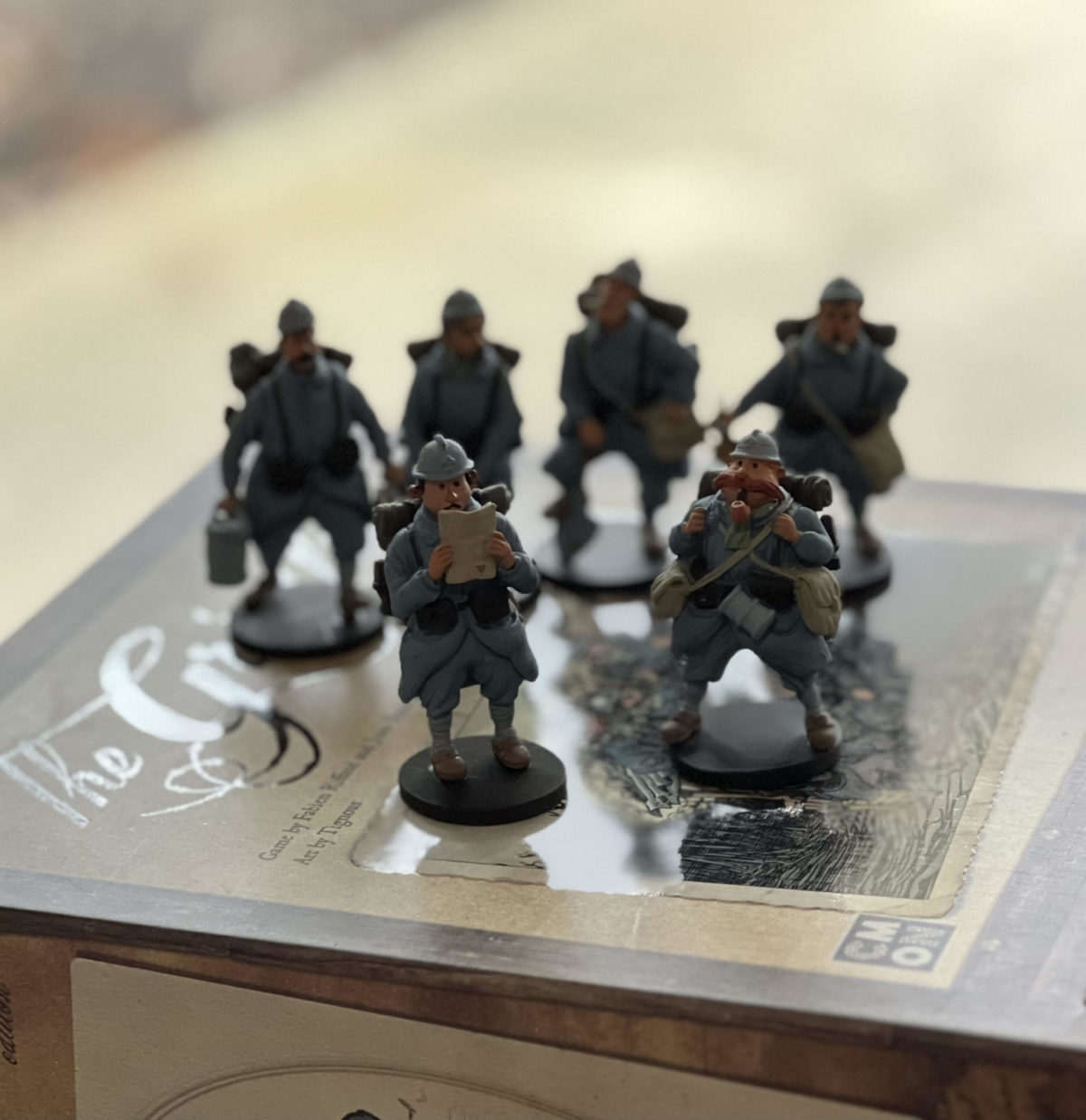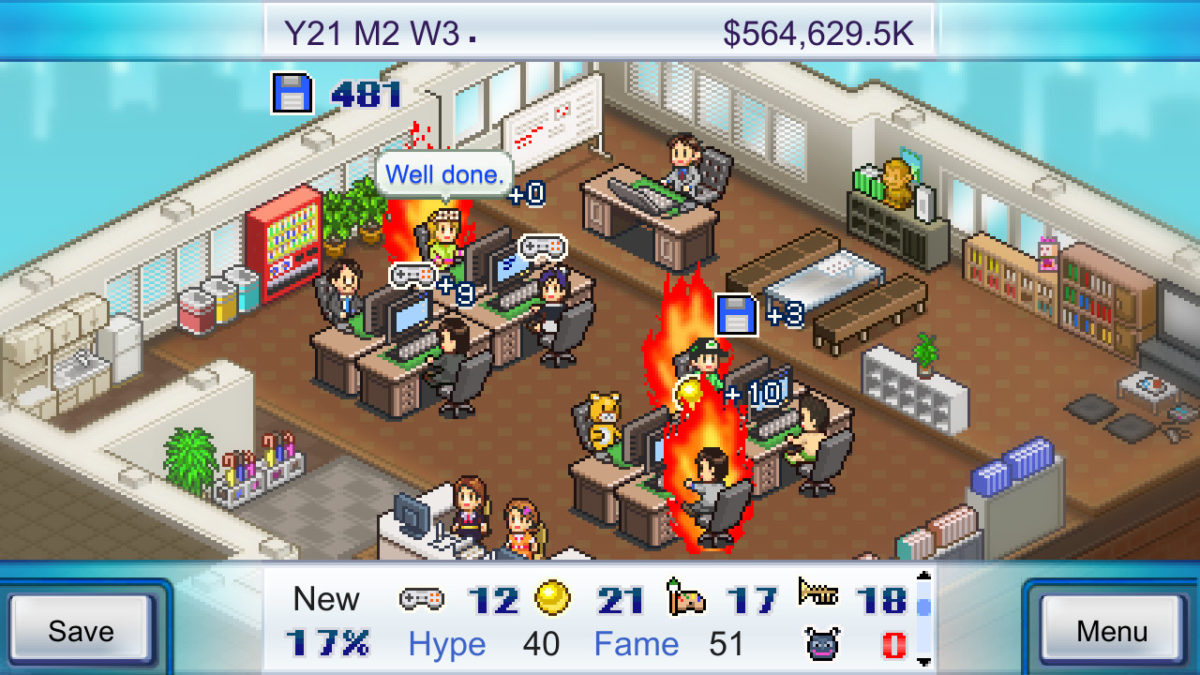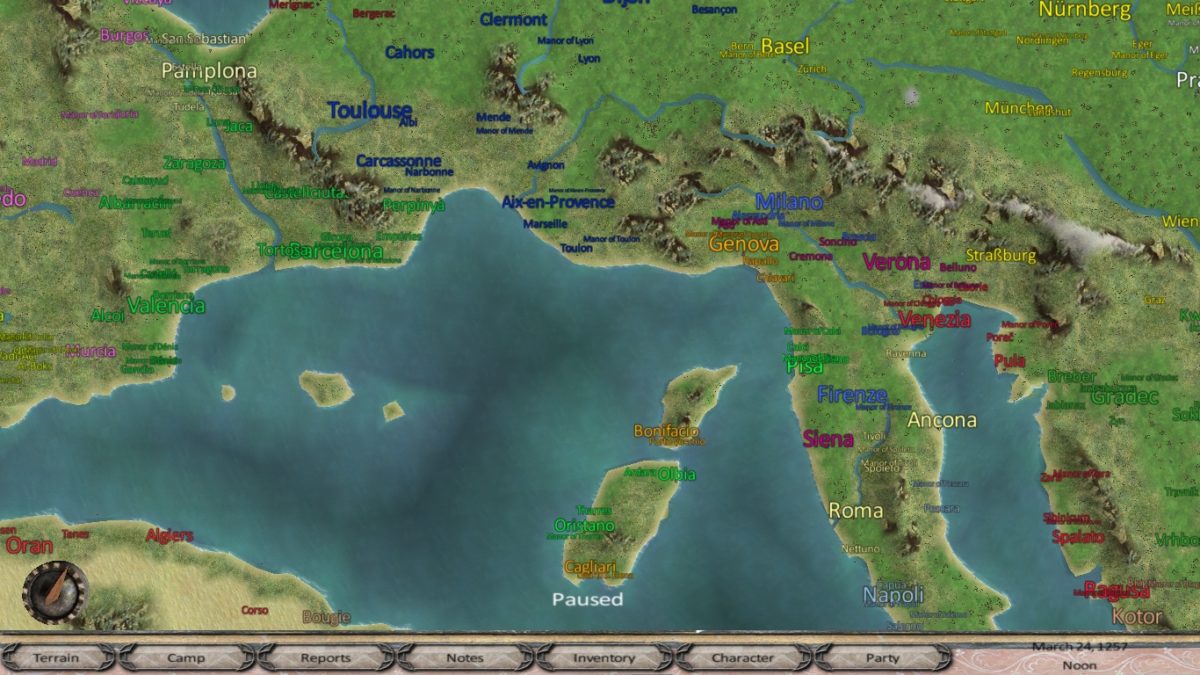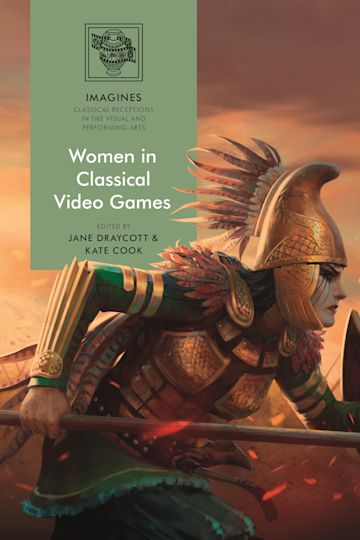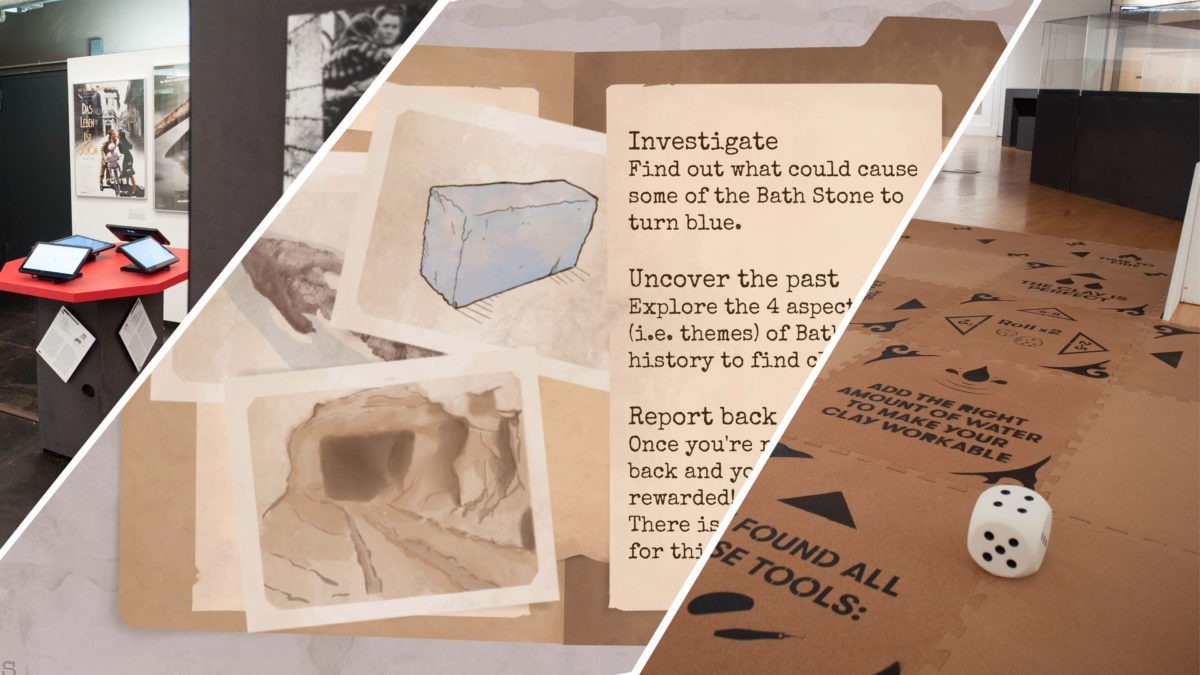Fall of Bali is a historical strategy game set in Bali in the 18th and 19th centuries, when Balinese kingdoms fought each other, their rivalry having started when the Gelgel Empire dissolved in 1686 and made many vassals independent. The game allows players to control, manage, and build one of the Balinese kingdoms in this […]
